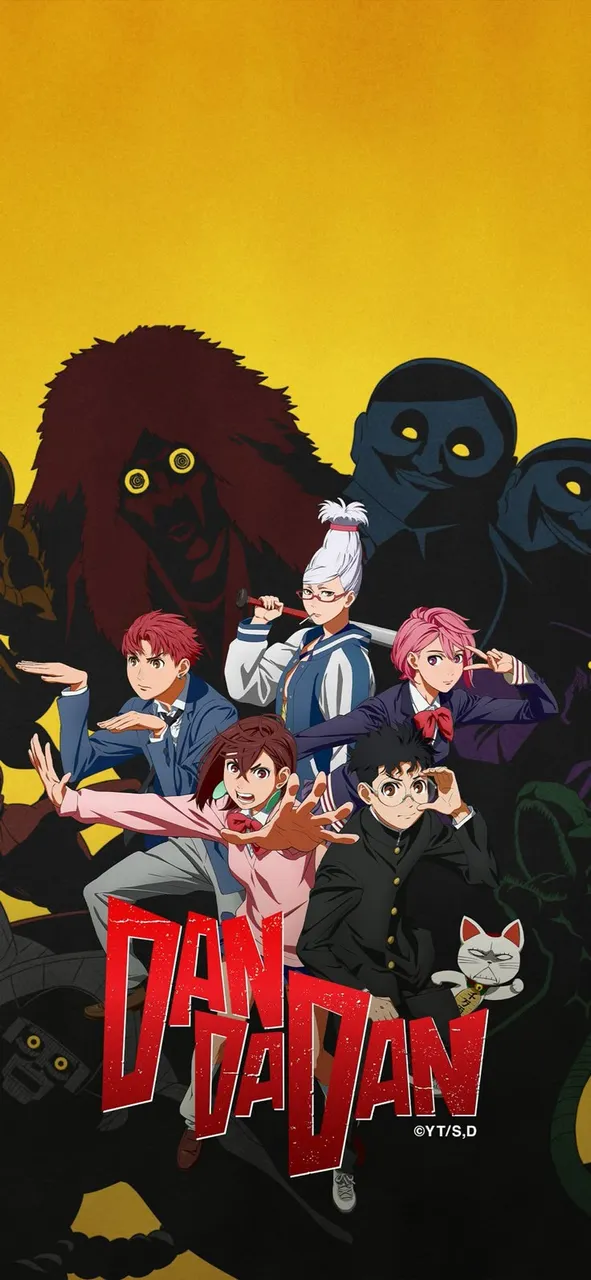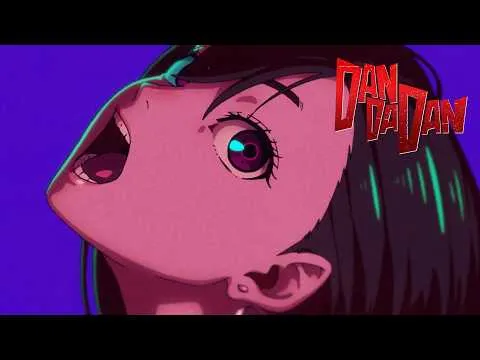
Source

During the first few minutes of Dandadan I wasn’t sure if I should laugh, cringe, or just sit still and brace for whatever was coming next. That exact confusion became my anchor for the rest of the season. It is rare to see a show that refuses to explain itself in the beginning, that jumps from aliens to ghosts to psychic powers without apologizing for the whiplash. But somehow it works. The storytelling feels like a dare, as if the creators knew how much absurdity they could pack into twenty minutes and still make us care deeply for these weird broken characters.
Netflix took a calculated risk by backing a series like this. It is not the kind of show you would expect to land in a global catalog with such ease, but it did. And while the platform does not make anime its core identity, there is no denying that it helped shift the perception of Japanese animation from something limited to something magnetic and accessible. Unlike other platforms that cater to hardcore fans exclusively, Netflix casts a wider net, and with Dandadan it is clear they are willing to invest in stories that are loud messy and unmistakably local. That matters. It means this type of surreal chaos is no longer limited to obscure communities. It is right there in plain sight.




Source
Visually Dandadan is almost too much, and I say that with admiration. The animation studio does not just create movement. It launches it into overdrive. Bodies stretch and twist, lights blur and shift, and every scene pushes the limits of the frame. Characters are exaggerated in a way that might seem grotesque, but it serves a deeper truth. The show is fully committed to its own visual language, and in the middle of that hurricane, there is a strange tenderness. Behind every explosion or exorcism, there is a glimpse of loneliness or longing, carefully folded into the madness.
I kept waiting for it to lose steam, but it never did. Each episode manages to push further without collapsing under its own weight. A big part of that is the emotional bond between Momo and Okarun. Their relationship does not rely on tired tropes. Instead, it grows through fear, embarrassment, awkwardness, and small moments of connection. They are not just reacting to the supernatural. They are trying to understand themselves. That is what makes the pacing so powerful. When the show quiets down it lands with real weight because everything else has been so loud. The extremes make the silence meaningful.


By the time I reached the season finale I was not thinking about categories anymore. It was not about genres or expectations. I was just immersed in a world that had rewritten its own rules and stuck with them. That level of commitment is rare in shows that reach this kind of visibility. Dandadan is not here to please everyone, and that is what makes it feel honest. For those of us looking for anime that dares to experiment without turning into parody, this series is a gift. It exists in contradictions. It is reckless and delicate. And it proves that even the most chaotic story can find its place right next to the mainstream, not because it fits, but because it refuses to.

















